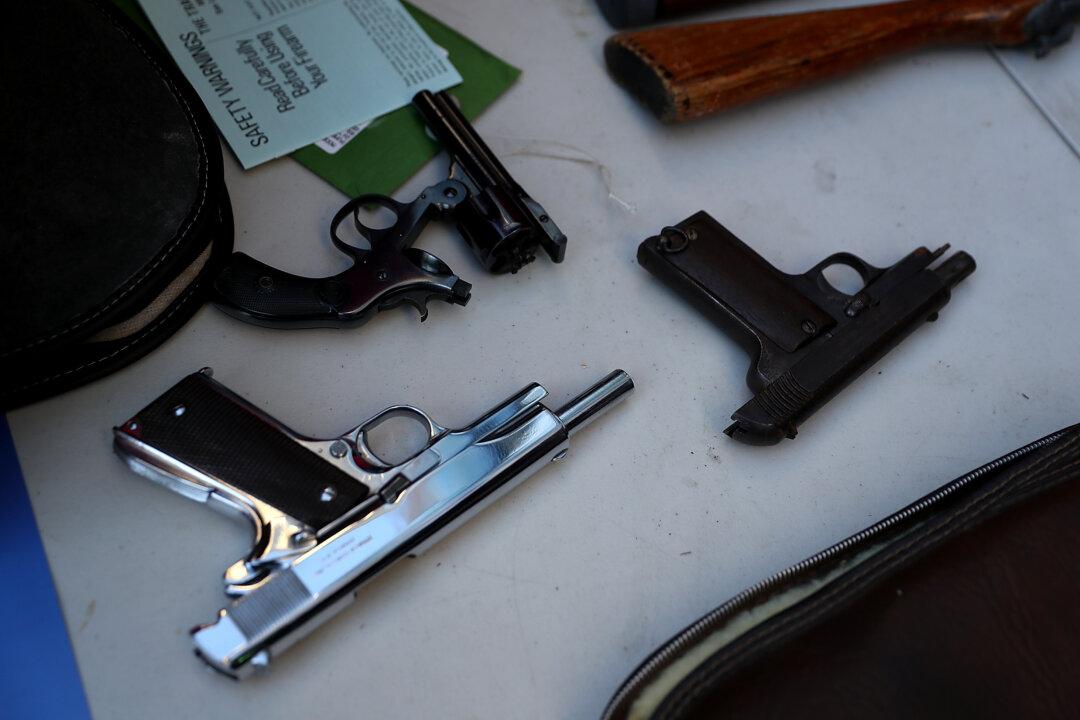A judge has ruled that a federal law banning guns that have had their serial numbers removed is unconstitutional.
Serial numbers were first required by the federal Gun Control Act of 1968 to allow guns to be traced. They were adopted in an effort to prevent illegal gun sales.




